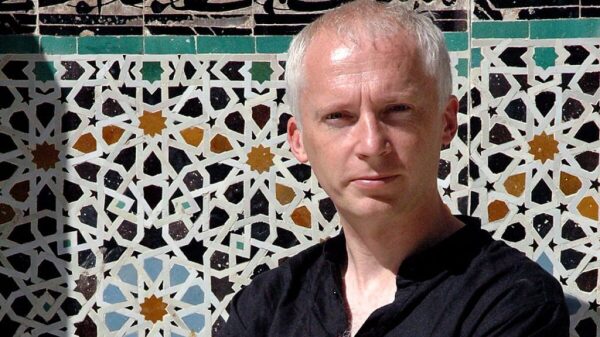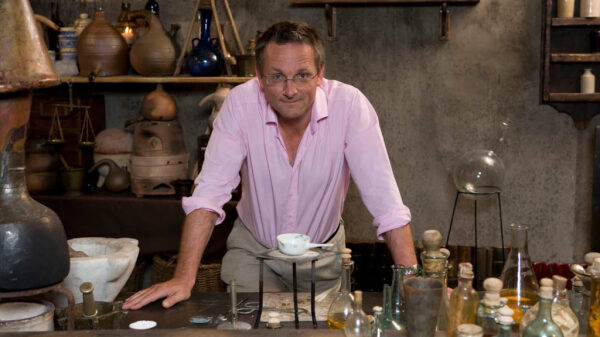The Story of Science: Power, Proof and Passion
Favorite
YEAR: 2010 | LENGTH: 6 parts (60 minutes each) | SOURCE: BBC
description:
Michael Mosley takes an informative and ambitious journey exploring how the evolution of scientific understanding is intimately interwoven with society’s historical path.
episodes:
01. What Is Out There?
Michael Mosley embarks on an informative and ambitious journey exploring how the evolution of scientific understanding is intimately interwoven with society’s historical path.
Michael begins with the story of one of the great upheavals in human history, how we came to understand that our planet was not at the centre of everything in the cosmos but just one of billions of bodies in a vast and expanding universe.
He reveals the critical role of medieval astrologers in changing our view of the heavens, and the surprising connections to the upheavals of the Renaissance, the growth of coffee shops and Californian oil and railway barons.
Michael shows how important the practical skills of craftsmen have been to this story and finds out how Galileo made his telescope to peer at the heavens and by doing so helped change our view of the universe forever.
02. What is the World Made Of?
In this episode, Michael demonstrates how our society is built on our search to find the answer to what makes up everything in the material world. This is a story that moves from the secret labs of the alchemists and their search for gold to the creation of the world’s first synthetic dye – mauve – and onto the invention of the transistor.
This quest may seem abstract and highly theoretical. Yet it has delivered the greatest impact on humanity. By trying to answer this question, scientists have created theories from elements to atoms, and the strange concepts of quantum physics that underpin our modern, technological world.
03. How Did We Get Here?
The question of our human origins is one of the most controversial science has wrestled with. This is the story of how scientists came to explain the beauty and diversity of life on earth, and reveal how its evolution is connected to the long and violent history of our planet. Featuring ocean adventurers, eccentric French aristocrats, mountain climbers, a secret Victorian publisher with 12 fingers, a ridiculed German meteorologist, and only a brief hint of Charles Darwin.
04. Can We Have Unlimited Power?
We are the most power-hungry generation that has ever lived. This film tells the story of how that power has been harnessed – from wind, steam and from inside the atom. In the early years the drive for new sources of power was led by practical men who wanted to make money. Their inventions and ideas created fortunes and changed the course of history, but it took centuries for science to catch up, to explain what power is, rather than simply what it does. This search revealed fundamental laws of nature which apply across the universe, including the most famous equation in all of science, e=mc2.
05. What Is the Secret of Life?
The story of how the secret of life has been examined through the prism of the most complex organism known – the human body. It begins with attempts to save the lives of gladiators in Ancient Rome, unfolds with the macabre work and near-perfect drawings of Leonardo in the Renaissance, through the idea of the ‘life force’ of electricity, to the microscopic world of the cell. It reveals how a moral crisis unleashed by work on the nuclear bomb helped trigger a great breakthrough in biology – understanding the structure and workings of DNA.
06. Who Are We?
We now know that the brain – the organ that more than any other makes us human – is one of the wonders of the universe, and yet until the 17th century it was barely studied.
The twin sciences of brain anatomy and psychology have offered different visions of who we are. Now these sciences are coming together and in the process have revealed some surprising and uncomfortable truths about what really shapes our thoughts, feelings and desires.
And the search to understand how our brains work has also revealed that we are all – whether we realise it or not – carrying out science from the moment we are born.
SIMILAR TITLES:
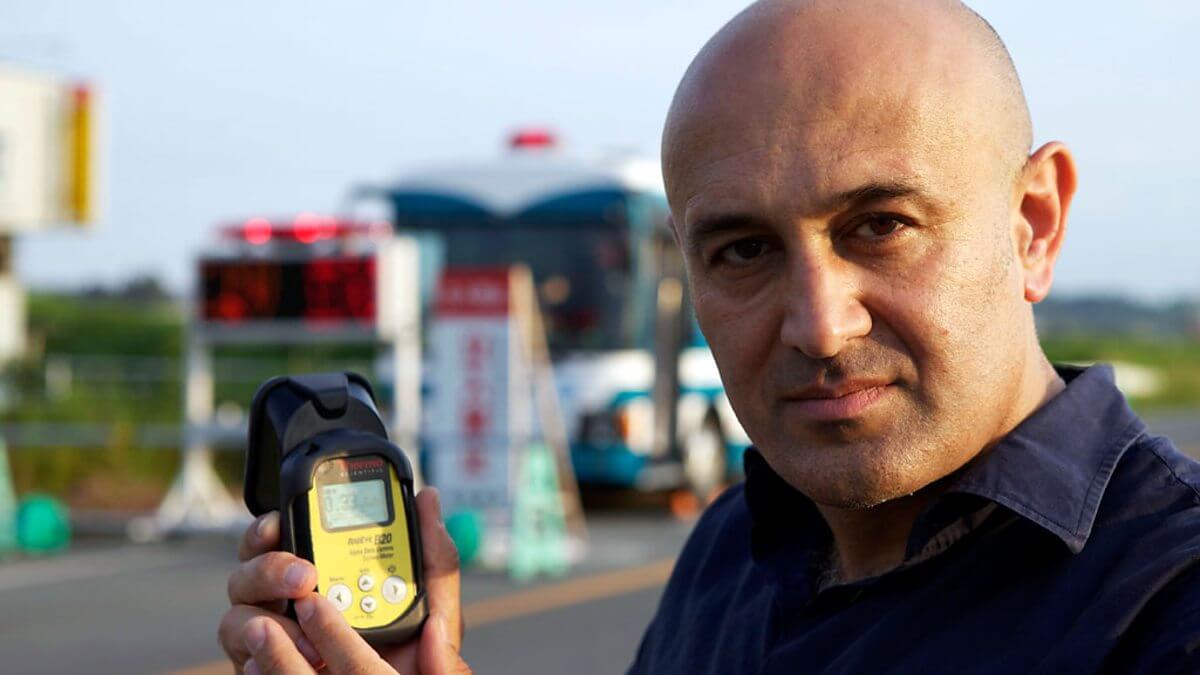
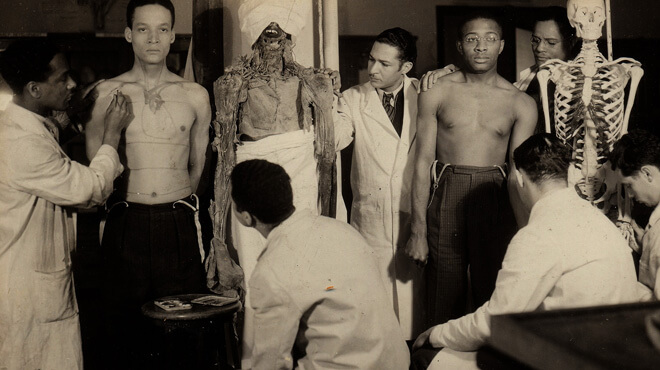
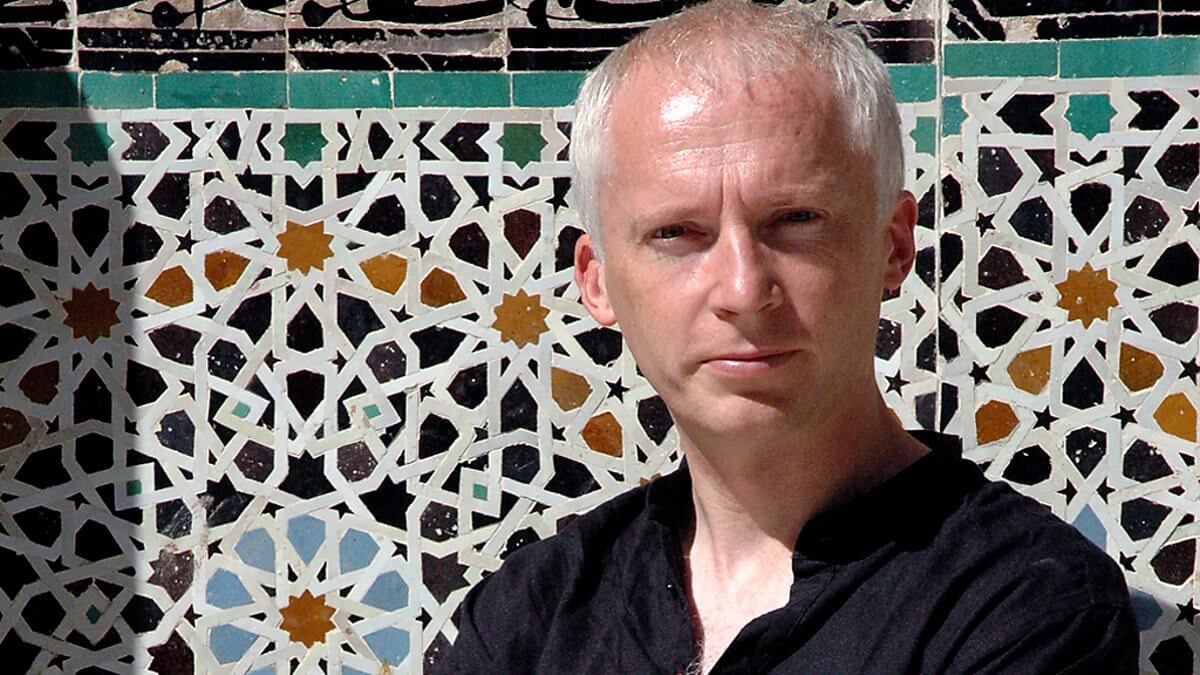
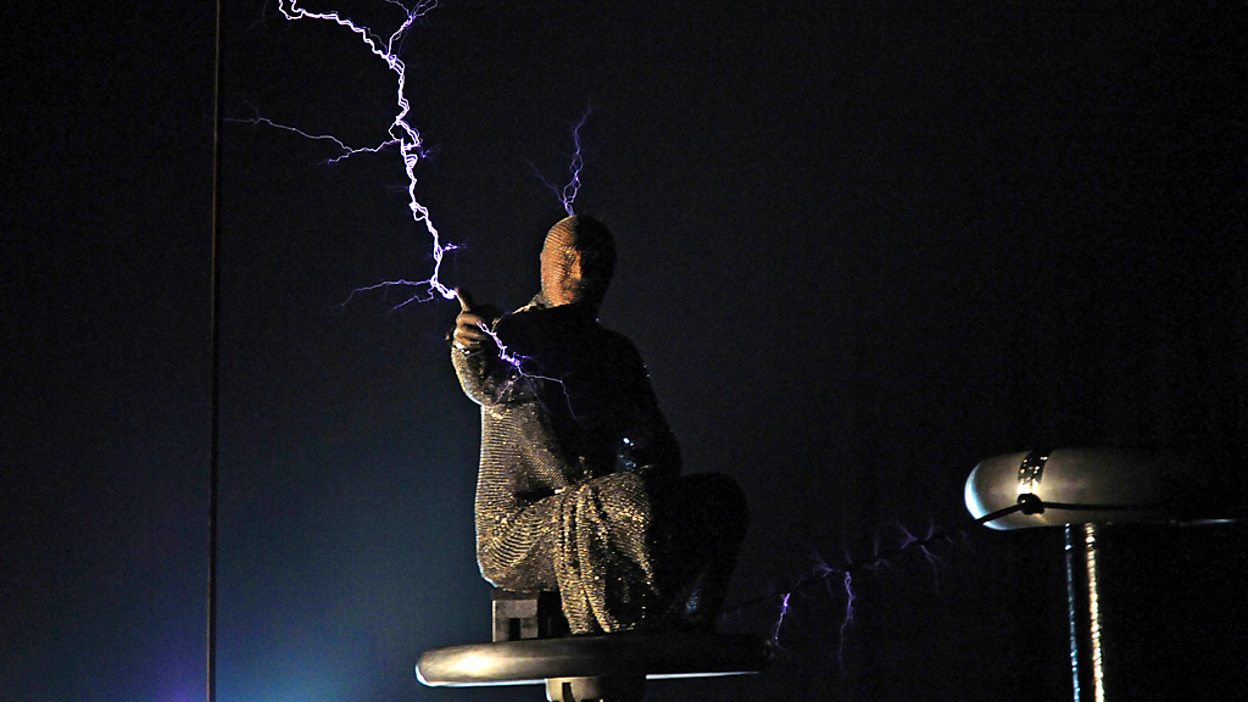
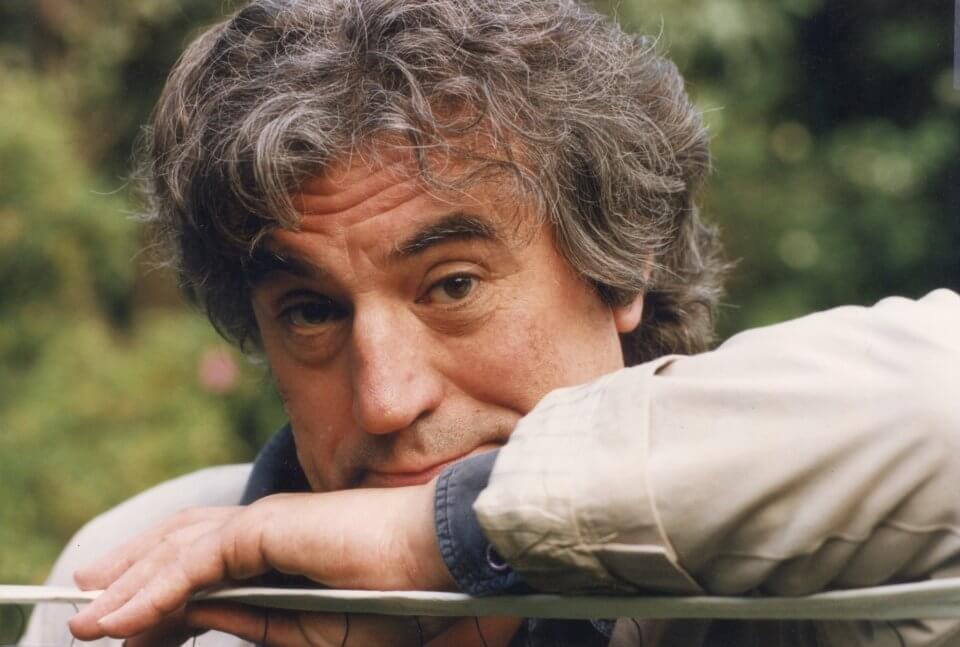
The Story of Maths
FavoriteYEAR: 2008 | LENGTH: 4 parts (60 minutes each) | SOURCE: BBC
description:
Series about the history of mathematics.
episodes:
01. The Language of the Universe
After showing how fundamental mathematics is to our lives, Marcus du Sautoy explores the mathematics of ancient Egypt, Mesopotamia and Greece.
In Egypt, he uncovers use of a decimal system based on ten fingers of the hand, while in former Mesopotamia he discovers that the way we tell the time today is based on the Babylonian Base 60 number system.
In Greece, he looks at the contributions of some of the giants of mathematics including Plato, Euclid, Archimedes and Pythagoras, who is credited with beginning the transformation of mathematics from a tool for counting into the analytical subject we know today.
02. The Genius of the East
When ancient Greece fell into decline, mathematical progress stagnated as Europe entered the Dark Ages, but in the East mathematics reached new heights.
Du Sautoy visits China and explores how maths helped build imperial China and was at the heart of such amazing feats of engineering as the Great Wall.
In India, he discovers how the symbol for the number zero was invented and Indian mathematicians’ understanding of the new concepts of infinity and negative numbers.
In the Middle East, he looks at the invention of the new language of algebra and the spread of Eastern knowledge to the West through mathematicians such as Leonardo Fibonacci, creator of the Fibonacci Sequence.
03. The Frontiers of Space
By the 17th century, Europe had taken over from the Middle East as the world’s powerhouse of mathematical ideas. Great strides had been made in understanding the geometry of objects fixed in time and space. The race was now on to discover the mathematics to describe objects in motion.
Marcus explores the work of René Descartes and Pierre Fermat, whose famous Last Theorem would puzzle mathematicians for more than 350 years. He also examines Isaac Newton’s development of the calculus, and goes in search of Leonard Euler, the father of topology or ‘bendy geometry’, and Carl Friedrich Gauss who, at the age of 24, was responsible for inventing a new way of handling equations – modular arithmetic.
04. To Infinity and Beyond
Marcus du Sautoy concludes his investigation into the history of mathematics with a look at some of the great unsolved problems that confronted mathematicians in the 20th century.
After exploring Georg Cantor’s work on infinity and Henri Poincare’s work on chaos theory, he looks at how mathematics was itself thrown into chaos by the discoveries of Kurt Godel, who showed that the unknowable is an integral part of maths, and Paul Cohen, who established that there were several different sorts of mathematics in which conflicting answers to the same question were possible.
He concludes his journey by considering the great unsolved problems of mathematics today, including the Riemann Hypothesis, a conjecture about the distribution of prime numbers. A million-dollar prize and a place in the history books await anyone who can prove Riemann’s theorem.
SIMILAR TITLES:
The Story of 1
Precision: The Measure of All Things
Infinite Secrets of Archimedes
To Infinity and Beyond
Alan and Marcus Go Forth and Multiply
The Story of Science: Power, Proof and Passion
BBC Two - The Story of Science: Power, Proof and Passion
Michael Mosley explores how history shaped science, and science made historyBBC

